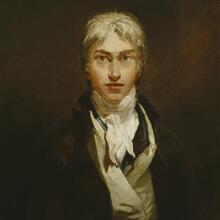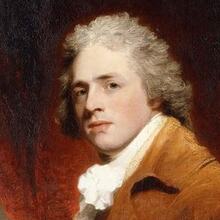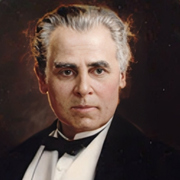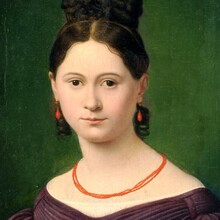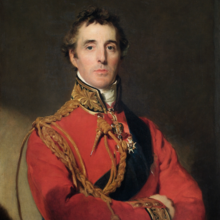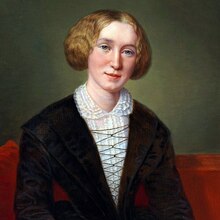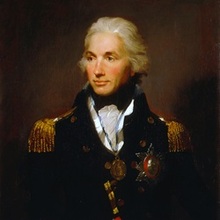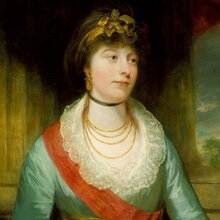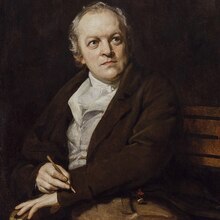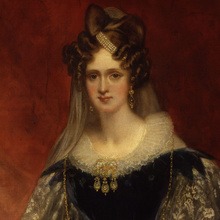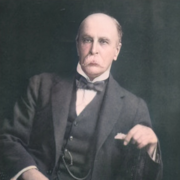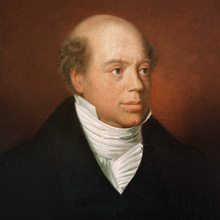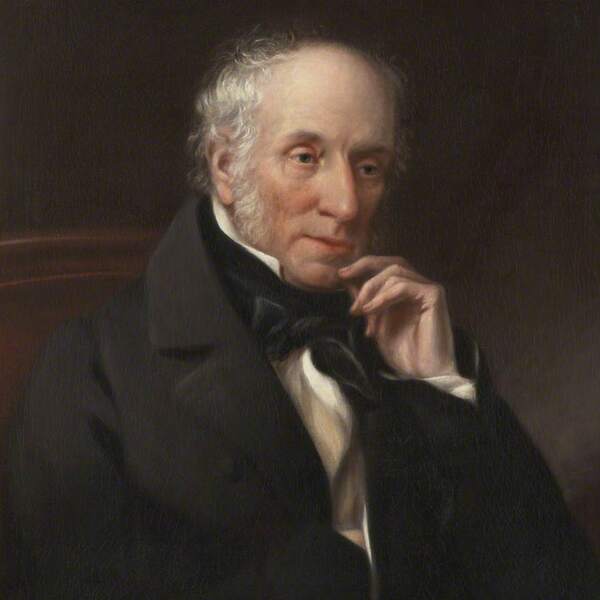
Personal
Other names:
Job / Known for:
Poet and laureate
Left traces:
Lyrical Ballads, The Prelude, and other poems
Born
Date:
1770-04-07
Location:
GB
Cockermouth, Cumberland, England
Died
Date:
1850-04-23 (aged 80)
Resting place:
GB
Death Cause:
Pleural effusion
Family
Spouse:
Mary Hutchinson (1802-1859)
Children:
John, Dora, Thomas, Catherine, William, and Gordon
Parent(s):
John Wordsworth and Ann Cookson Wordsworth
QR Code:
 My QR code:
William Wordsworth
https://DearGone.com/10307
My QR code:
William Wordsworth
https://DearGone.com/10307
Key Ownner:
Not yet supported by key owner
Show More
Rank
Users ranking to :
Thanks, you rate star
Ranking
5.0
1
About me / Bio:
Show More
Article for William Wordsworth
Died profile like William Wordsworth
Comments:
